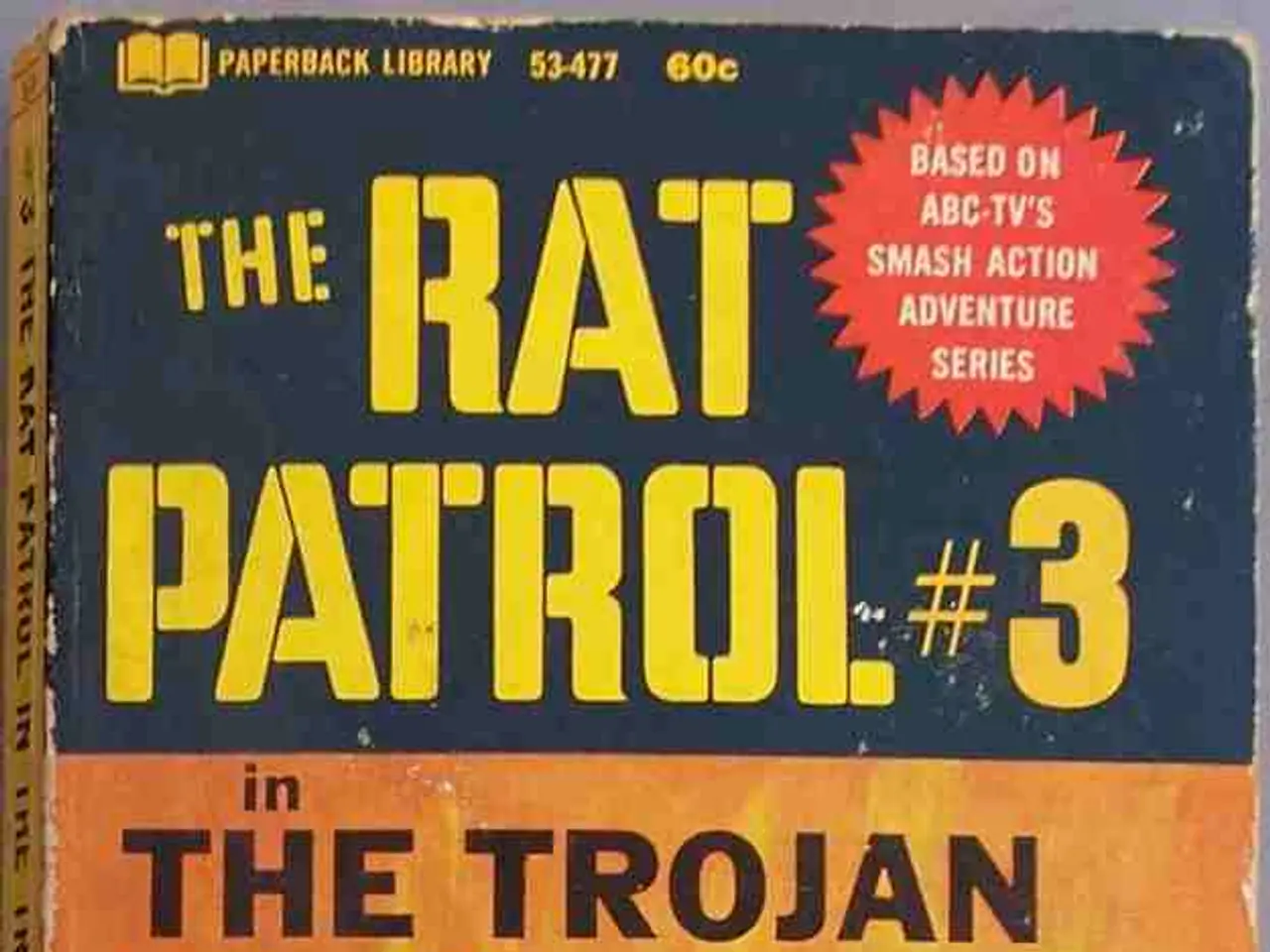Lithuania's airspace protection receives additional reinforcement, as per agreements between Sakaliene and SACEUR Grynkewich.
Lithuania has secured a commitment from NATO to enhance its air defense capabilities, following a series of drone incidents from Belarus and Russia that posed a threat to the country's security.
The latest development came after a drone carrying explosives crashed inside Lithuania on July 28, 2025. The incident marked the second such incursion from Belarus in less than a month.
In response to these incidents, Lithuania's Defense and Foreign Ministers sent a joint letter to NATO Secretary General Mark Rutte, urging allies to deploy anti-drone defense capability in Lithuania. The ministers emphasized the seriousness of the repeated drone breaches, which they linked to Russia's aggression in Ukraine.
NATO's involvement is seen as vital for securing the Eastern flank, which includes Lithuania as part of the Baltic Defence Line and East Shield initiatives with Baltic states and Poland.
Lithuania has pledged significant investment to strengthen its counter-mobility and air defense arsenal. This includes a recent procurement of missile stocks from Poland and a commitment to invest €1.1 billion over 10 years in counter-mobility and air defense technologies.
Defense Minister Dovilė Šakalienė confirmed NATO’s agreement to participate in airspace protection. However, some experts remain cautious about the pace of NATO innovation in counter-drone technology and leadership, which they believe should come predominantly from the affected nations themselves.
A team of NATO experts will visit Lithuania in the coming weeks to assess the country's airspace monitoring system and make recommendations on strengthening air defenses. NATO has also committed to immediately start sharing additional intelligence information to make airspace surveillance more effective.
Military officials suspect that both drones had their flight paths diverted by electronic warfare, potentially directed by Russia. Investigations are ongoing to explore other possibilities regarding the drone incidents.
[1] [https://www.reuters.com/world/europe/lithuania-requests-nato-assistance-after-drone-carrying-explosives-crashes-2021-07-29/] [2] [https://www.bbc.com/news/world-europe-58206935] [3] [https://www.politico.eu/article/nato-baltic-states-russia-lithuania-ukraine-drone-attacks-airspace/] [4] [https://www.reuters.com/world/europe/lithuania-says-two-military-drones-entered-its-airspace-from-belarus-2021-07-11/] [5] [https://www.bloombergquint.com/global-economics/lithuania-says-nato-agreed-to-help-defend-its-airspace-after-drone-attack]
- Amidst increasing concerns about war-and-conflicts in the region, Lithuania's Defense Minister Dovilė Šakalienė confirmed NATO's agreement to participate in airspace protection, which is seen as crucial for politics related to the Eastern flank, including the Baltic Defence Line and East Shield initiatives.
- In light of the seriousness of repeated drone breaches linked to Russia's aggression in Ukraine, some experts suggest that while NATO's involvement is vital, general-news outlets should emphasize the need for affected nations like Lithuania to lead in the development of counter-drone defense capabilities.







